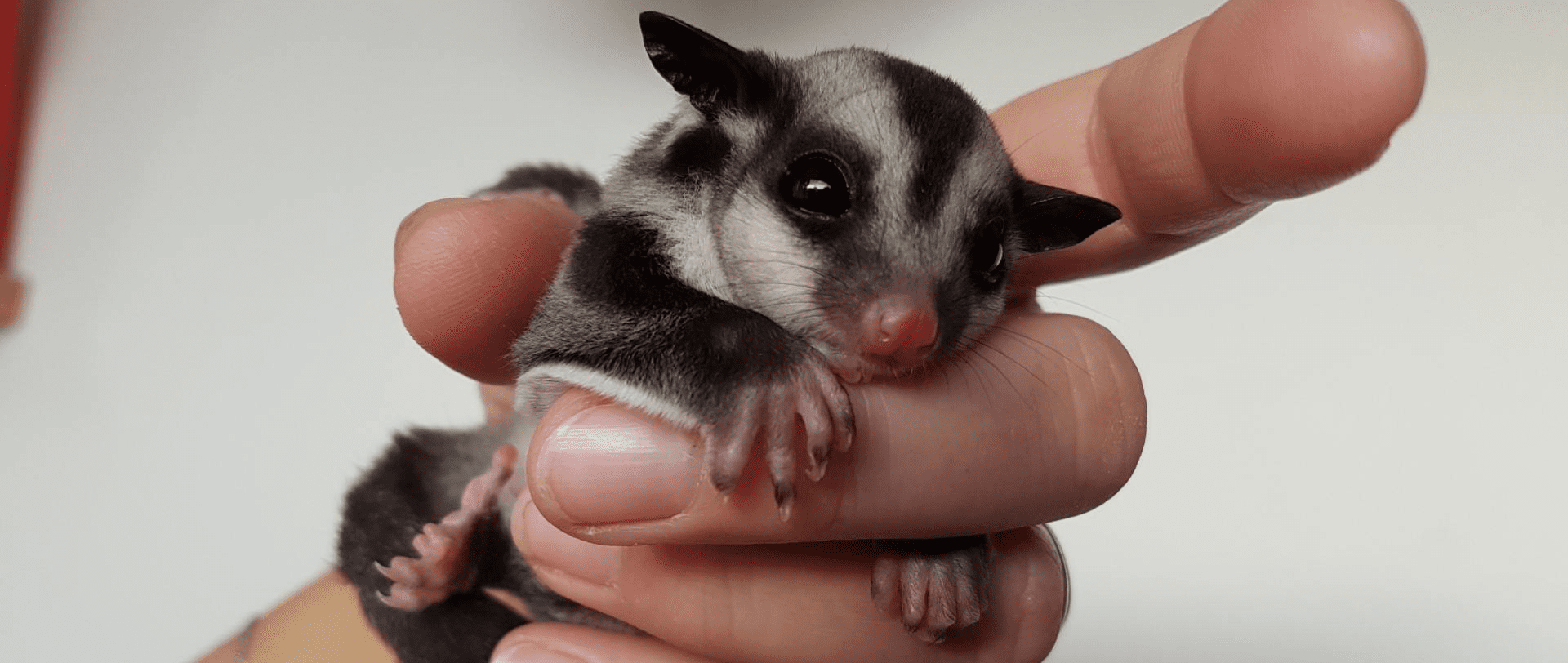Have you recently adopted a bunny? Congratulations! Rabbits are very charming pets, and can make wonderful animal companions. Floppy isn’t hard to care for, but she does have some unique needs. A good cage and a proper diet will provide the basics of your little buddy’s care regimen, but your pet will need more TLC than that to thrive. Here, a Las Vegas, NV vet discusses keeping your rabbit happy and healthy.
Good Food
Floppy’s diet should be mostly fresh grass hay, such as Timothy hay. You will want to supplement this with commercial food, such as pellets; suitable fresh produce; and healthy snacks, such as berries. Ask your vet for specific advice.
Toys/Entertainment
Bunnies need lots of toys, including plenty of suitable chew toys. (Tip: many wood, wicker, and cardboard items make great chew toys.) Change things out regularly to keep things interesting. Your pet will also need daily time out of her cage. Otherwise, she’ll get bored and restless!
Safe Environment
Speaking of bunny playtime, you’ll need to do some petproofing before letting your furry friend out. This entails removing or securing anything you don’t want Floppy playing with or chewing on. Some of the things to address include toxic plants, small or sharp objects, wires and cords, medicines, chemicals, plastic bags and ties, and personal items, such as wallets and shoes. You’ll also want to block off openings behind and beneath furniture and cabinets.
Grooming
Bunnies’ grooming needs can vary quite a bit. Longhaired rabbits, such as Angoras, need to be brushed daily. Bunnies with short fur may only need to be brushed once or twice a week. Of course, no matter what type of bunny you have, your furry friend will need daily brushings when she molts. You’ll also need to clip Floppy’s claws and clean her ears. Ask your vet for advice.
Veterinary Care
Your furry friend should come in at least once a year. We generally recommend that rabbits be fixed, both for health and behavioral reasons. Floppy will also need regular exams, as well as recommended vaccinations. At home, keep an eye out for signs of illness, such as lethargy, reduced appetite, teeth grinding, and/or unusual behavior, posture, or vocalizations. Call your vet immediately if you notice anything amiss.
Please call us, your Las Vegas, NV vet clinic, for all of your rabbit’s veterinary care needs. We’re happy to help!






!Social Media Icons